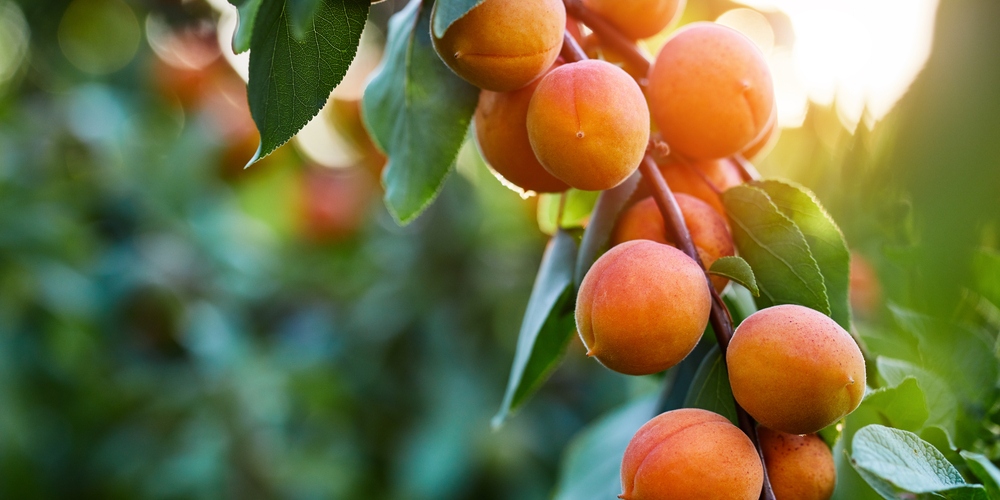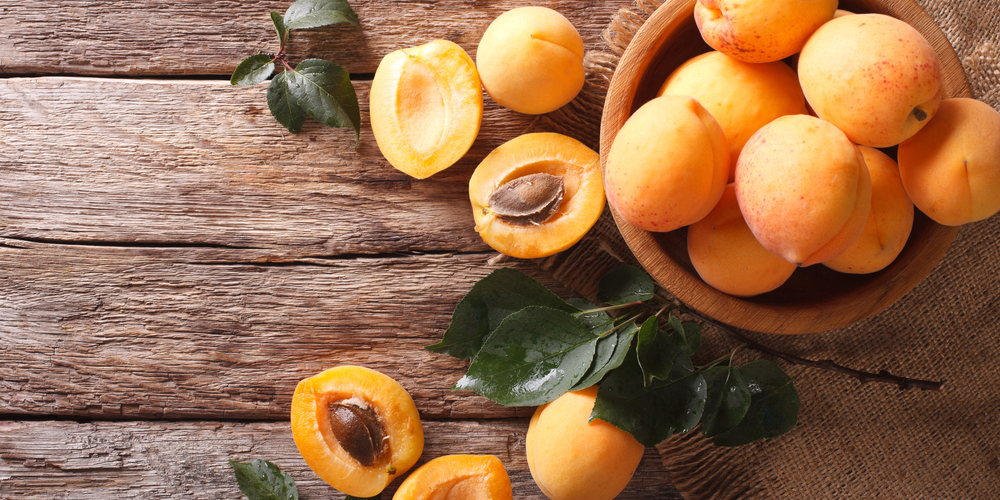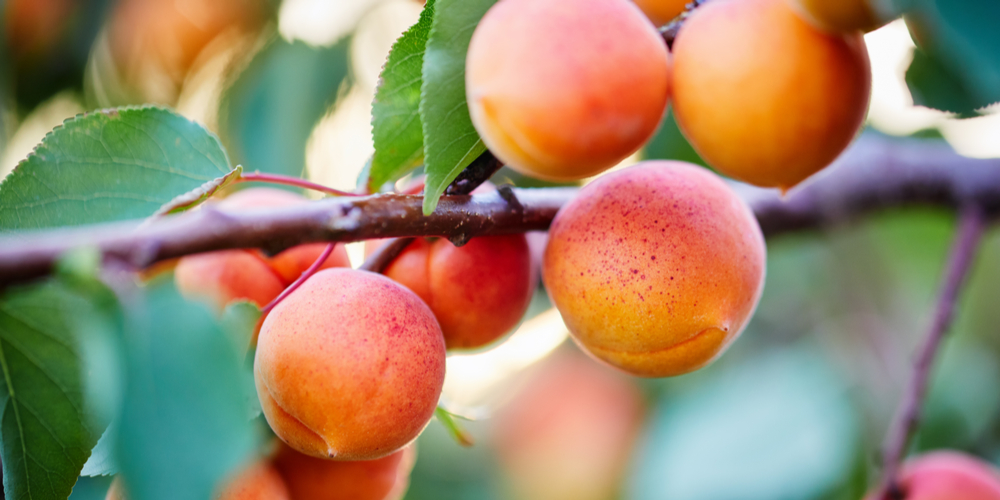If you’re a gardening aficionado who lives in Virginia and you love Apricots, then you more than likely have been wondering if you can grow some and enjoy the juicy little treats straight from the tree. Before we can give you a direct answer to this question, let’s first learn one or two facts about these trees.
One of the first things that you need to know about Apricot trees is that they are quite easy to grow. They prefer cooler temperatures, which is why they thrive better in the Northern region of the U.S.
Does that mean that you can’t grow an apricot tree in your Virginia backyard?
Absolutely not! Given that apricots will still grow in the hardiness zones 4-8 of the U.S. Department of Agriculture, then they should do well in Virginia. Besides, Virginia is considered to be a humid, subtropical region, and the weather is not too hot or too cold.
In truth, apricots are able to not only withstand but also thrive in the heat and humidity of Virginia. Even in the summers that get little or no rain at all, your apricot tree should be able to survive and even bear fruits in good numbers. As if that is not enough, apricot trees are perfect for small yards since they don’t become very large.
What tips should you apply when planting apricot trees in Virginia?
The following tips will prove to be useful when you decide to plant an apricot tree in your Virginia backyard, so be sure to read through:
1. Select the right planting location
The best planting location is one that receives adequate sunlight and has enough room for the tree to grow. Of course, this means paying attention to the space that the tree needs to spreads its root over, as well as spread out its branches.
The good news is that apricot trees don’t need that large of a space. As such, you’ll just want to make sure that they are not too close to structures, other trees, power lines, or anything else that could distract proper growth.
2. Make sure that the soil type is ideal
Apricot trees tend to do best in soils that have a pH that ranges between 6.5 and 8.0. What’s more, you will want to ensure that the soil is loamy and well-drained as that will make it easier for the tree to develop a strong root system. That results in larger and higher quality produce when the time for that comes.
3. Be sure to plant at the right time
As mentioned earlier, apricot trees grow best in areas where the temperatures are cooler, with the summers being warmer instead of sweltering hot. The winters have to be just cold enough to instigate a dormancy period. As such, the best time to plant your apricot tree is in the early times of spring.
4. Dig the planting hole right
You will want the planting hole of your apricot tree to be about twice as deep and wide as the root ball. In general, the planting hole for your apricot should be roughly one foot (30cm) deep and wide. You can add a generous amount of decomposed compost if you have some with you. Just make sure to mix the compost with plenty of loamy soil.
5. Placing the tree
If you bought a potted tree, get it out of the container, and be careful to avoid cutting the roots while doing so. That way, the tree will have enough space to spread its roots without requiring a lot of effort.
Once you have removed the container, place the plant gently in the hole while making sure that it’s centred and upright. Add back the soil while tamping the soil lightly to ensure that it holds the tree in place. Add plenty of water so that the soil becomes moist enough.
6. Add mulch, if needed
After planting your apricot tree, you can cover the area around the trunk with mulch. This will help to retain moisture, as well as supply a good amount of nutrients while preventing weed growth around the tree.
Be sure to add mulch in layers and keep the layer of mulch a good distance from the trunk of your apricot tree to let it breathe. You can also use compost instead of mulch, but use only a little bit so that you don’t smother it.
7. Water the tree enough
You will need to apply a generous amount of water to your apricot tree for the first year or so. This is especially true if your yard does not have much rain. At least once a week, water the plant, making sure that the water penetrates into the soil and not just sitting on top of it. You can also set up an irrigation system if you want to be sure that your tree gets enough water during hot weather.
8. Prune on a yearly basis
It’s important to prune your apricot tree every year to make sure that it’s getting enough sunlight and air circulation to support its growth. Basically, you will want to cut off any branches that are growing towards the inside of the canopy as they can stunt growth in other parts. However, you should never prune off more than 20% of a tree’s branches in any year. Always prune before the onset of the next growing season every other spring.
9. Monitor for diseases
While Apricot trees are resistant to many diseases, some of them can still affect it. Some common maladies include the fungal disease brown rot and bacterial canker. Therefore, you’ll need to monitor your tree regularly and take the necessary action when you spot a disease. For brown rot, you can use fungicide spray. Bacterial canker is best avoided by planting the tree in well-drained soils.
10. Watch out for pests
The most common pests that may bother your apricot tree include aphids and twig borers. Take immediate action when you notice any of these signs. You can use an insecticide before the blooming begins and when the flower petals fall to eliminate borers. Aphids are best controlled by blast-spraying them with a jet of water from a garden hose.
Do Apricot Trees Grow in Virginia?: Conclusion
Apricot trees are worth the minimal effort that you need to put into them. They aren’t as demanding as some other fruit trees, and they do well in Virginia. As such, they make one of the best additions to your backyard whether you are a home gardener or farm owner.
Related Article: When to Plant Tomatoes in Virginia?


